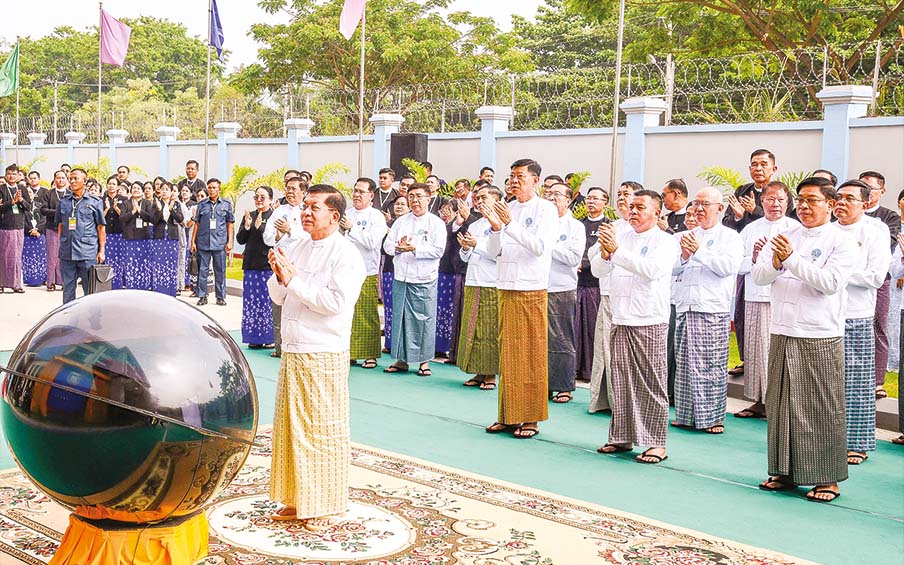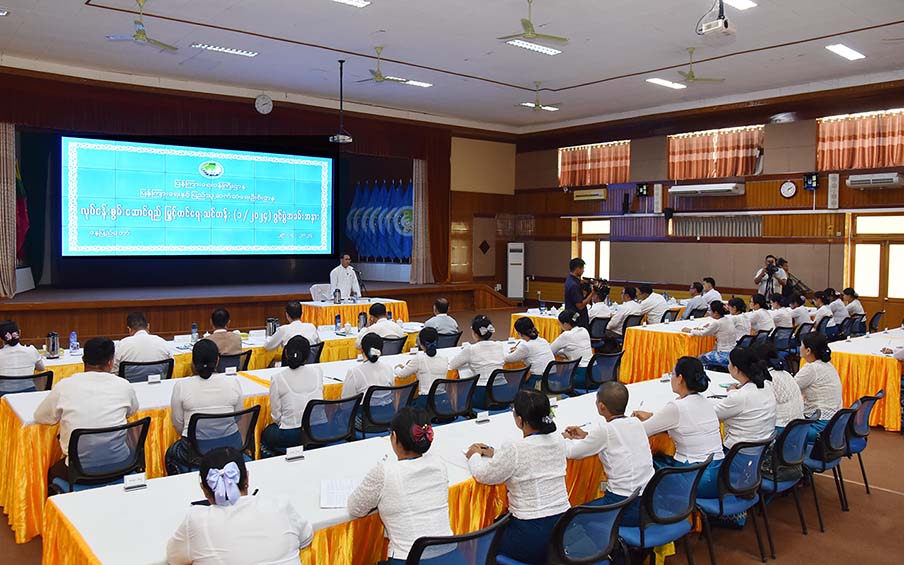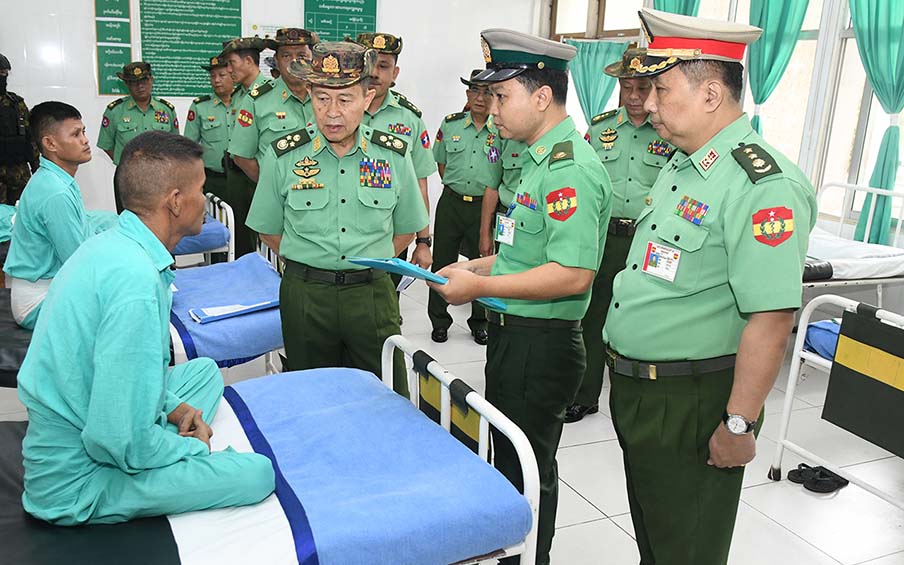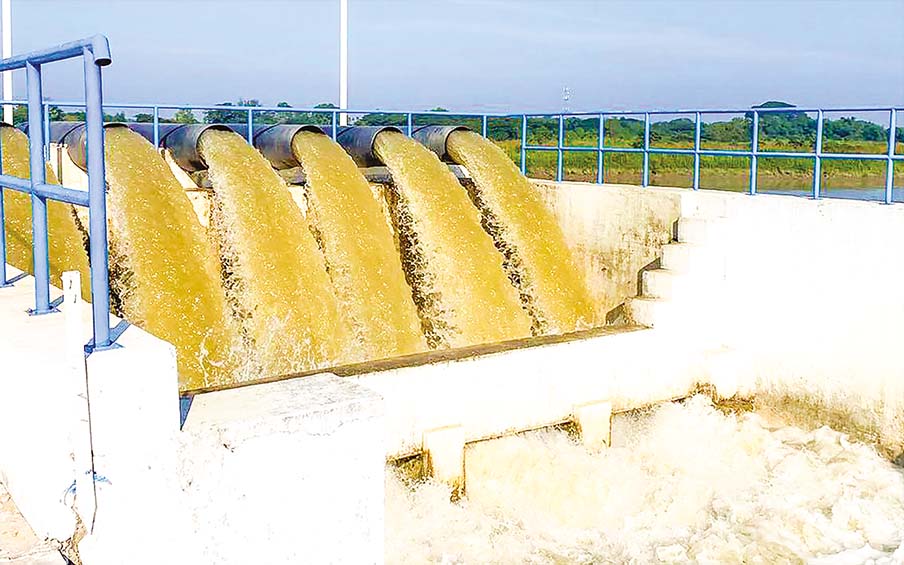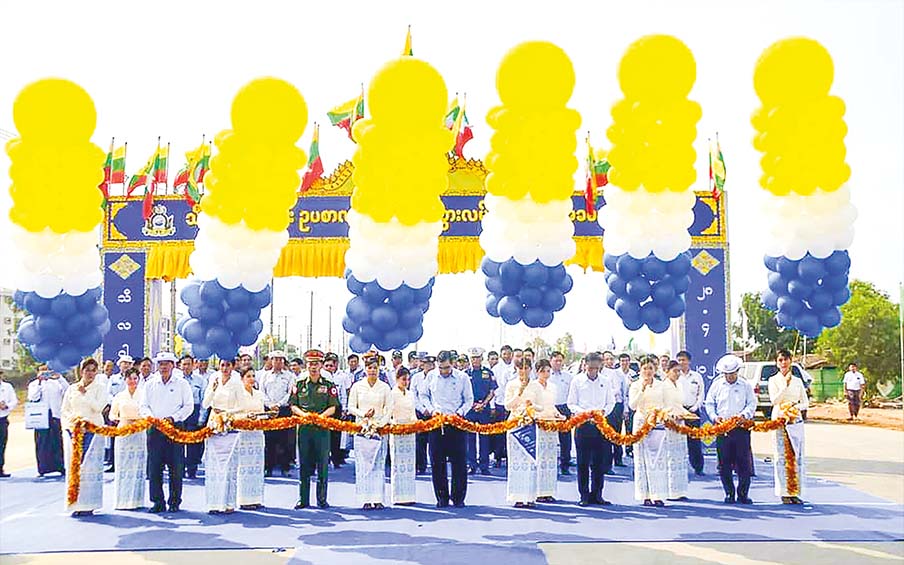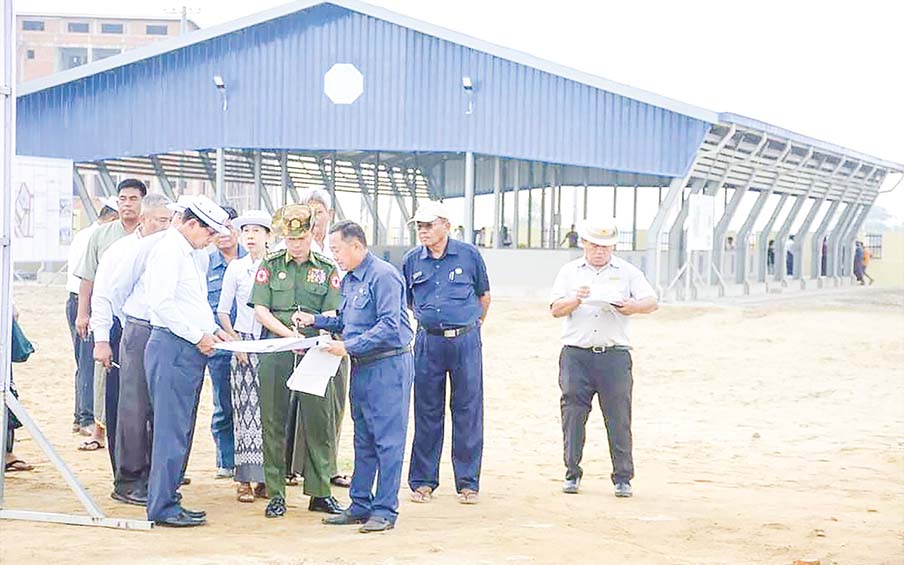Every country needs to take care of the dangers triggered by the consequences of climate change as well as global warming. As such, those global countries should take preparations to defy the bad impacts of climate change.
The reports issued by relevant organizations stated that global warming would impact the rise of temperature from four to seven degrees Fahrenheit in 2100 by raising the water level of the seas to 28 to 97 centimetres. Storms at various levels and tidal waves would rise across the world.
Consequently, the drought areas would face more dryness but rain-fed areas would encounter heavier rains. Due to the larger volume of carbon emission, the situation of acidification would be stronger in the oceans.
The sixth report of the Intergovernmental Panel on Climate Change-IPCC stated that the bad impacts of climate change were worse and wider than expected. The global peoples would suffer bad impacts of climate change in the future. Rocketing the temperature would affect the global countries. As such, proper living in conformity with climate change is of importance.
The climate change events triggered terrible catastrophes throughout the world whereas Myanmar faced 748 outbreaks of fire, 161 flooding, 1,502 storms, and 1,178 times of disasters including earthquakes, totalling 3,589 within 18 months. The government provided more than K3,647 million for over 1.5 million disaster-hit victims.
Relevant organizations and ministries need to strongly cooperate in reducing natural disaster risks while the region and state organizations need to join hands with non-governmental organizations and social organizations. Only when people and private sectors systematically cooperate will loss of life, damage to infrastructure and hurt of businesses decline.
Myanmar stands third in the vulnerability to climate change according to the report of the Intergovernmental Panel on Climate Change. As such, it is necessary to reduce natural disaster risks, systematically respond to disasters and minimize loss and damage in accordance with the early warnings.
Relevant organizations and ministries need to strongly cooperate in reducing natural disaster risks while the region and state organizations need to join hands with non-governmental organizations and social organizations. Only when people and private sectors systematically cooperate will loss of life, damage to infrastructure and hurt of businesses decline.
As such, the authorities and the people need to build a public-centred early warning system and exactly follow the warnings by releasing the disaster warning to reduce disaster risks and systematic response for making necessary preparations and evacuation measures.
Based on natural resources and experiences, Myanmar has to contact ASEAN countries as well as the international community, follow international frameworks and agreements and apply modern technologies for easing disaster risks steadfastly so as to implement long-term sustainable socioeconomic lives with the resilience of disasters.




